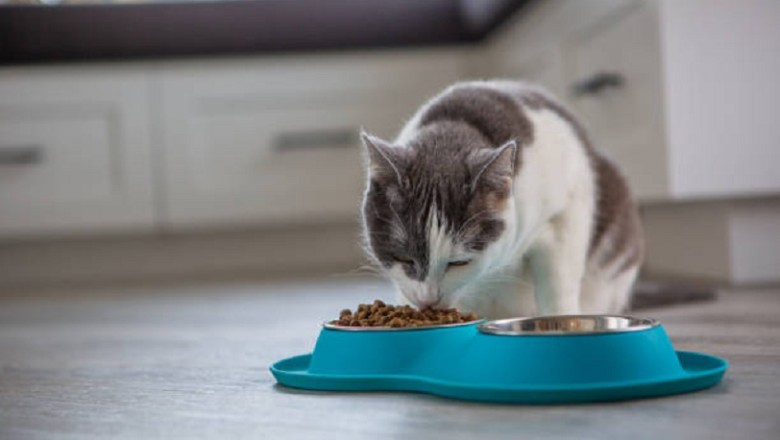
views
A Cat's Appetite: Understanding Feline Overeating and Its Medical Implications
When it comes to our furry companions, we often think of cats as picky eaters nibbling at their food throughout the day. However, many cat owners may be surprised to learn that their pets can sometimes consume more food than expected.
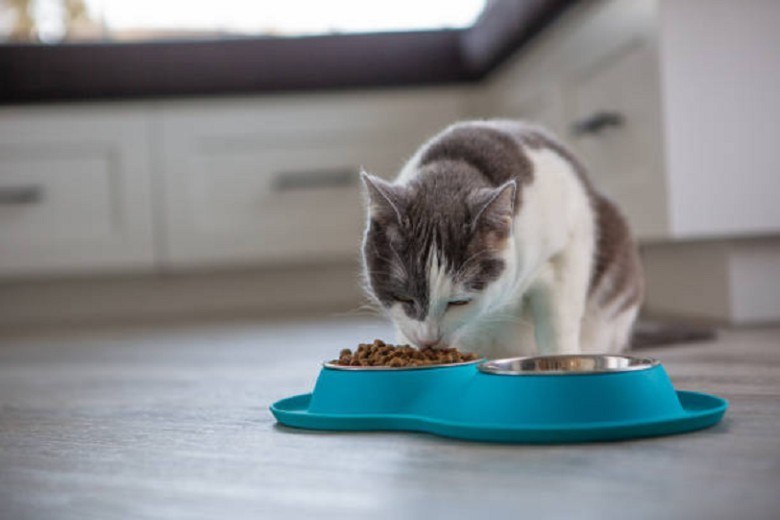
This behavior can have various underlying causes and potential health consequences. In this article, we will explore the reasons behind feline overeating, its medical implications and how to ensure your cat maintains a healthy diet.
Causes of Overeating in Cats
-
Boredom and Lack of Stimulation: Cats, like humans, can eat out of boredom. A lack of mental and physical stimulation can lead to increased food intake as a way to pass the time or find comfort.
-
Medical Conditions: Certain medical conditions can cause an increase in appetite. Hyperthyroidism, diabetes and gastrointestinal issues are common culprits. If your cat's eating habits change suddenly, it is crucial to consult a veterinarian.
-
Nutritional Deficiencies: If a cat's diet lacks essential nutrients, they may eat more to try to compensate for the deficiency. Providing a balanced and nutritious diet is key to preventing this.
-
Behavioral Factors: Changes in the household, such as the introduction of a new pet or moving to a new home, can cause stress and anxiety, leading to overeating as a coping mechanism.
-
Free-Feeding Habits: Allowing cats to have constant access to food can result in overeating. Establishing regular feeding times can help regulate their intake.
Health Implications of Overeating
-
Obesity: One of the most common consequences of overeating is obesity. Obesity in cats can lead to numerous health problems, including diabetes, arthritis and heart disease. Overweight cats are also at higher risk for urinary tract diseases and skin conditions.
-
Diabetes Mellitus: Excessive weight gain can result in insulin resistance, leading to diabetes mellitus. Symptoms include increased thirst, frequent urination and weight loss. despite increased appetite, Proper diet management and insulin therapy are often required to manage the condition.
-
Hepatic Lipidosis: Also known as fatty liver disease. hepatic lipidosis can occur when an overweight cat suddenly stops eating. The body starts to mobilize fat stores to provide energy, overwhelming the liver and leading to serious health complications.
-
Joint and Mobility Issues: Carrying extra weight puts additional strain on a cat's joints and muscles, leading to arthritis and mobility issues. Overweight cats may become less active, creating a vicious cycle of weight gain and decreased mobility.
Preventing and Managing Overeating
-
Regular Vet Check-Ups: Routine veterinary visits can help identify and address any underlying medical conditions that may contribute to overeating. Early detection and treatment are essential for maintaining your cat's health.
-
Portion Control: Measure your cat's food and establish regular feeding times. Avoid free-feeding and provide portion sizes based on your veterinarian's recommendations.
-
High-Quality Diet: Ensure your cat's diet is balanced and meets their nutritional needs. Consult with your veterinarian to select the best food for your cat's age, weight and health status.
-
Mental and Physical Stimulation: Keep your cat engaged with toys, interactive play and enrichment activities. Providing scratching posts, climbing structures and puzzle feeders can help reduce boredom and prevent overeating.
-
Monitor Weight and Body Condition: Regularly check your cat's weight and body condition, Keep an eye out for changes in their eating habits or activity levels and adjust their diet and exercise routine accordingly.
Conclusion
Understanding the reasons behind your cat's eating habits is crucial for ensuring their long-term health and well-being. By providing a balanced diet, regular veterinary care and plenty of stimulation, you can help prevent overeating and its associated health risks. Remember: a healthy cat is a happy cat.
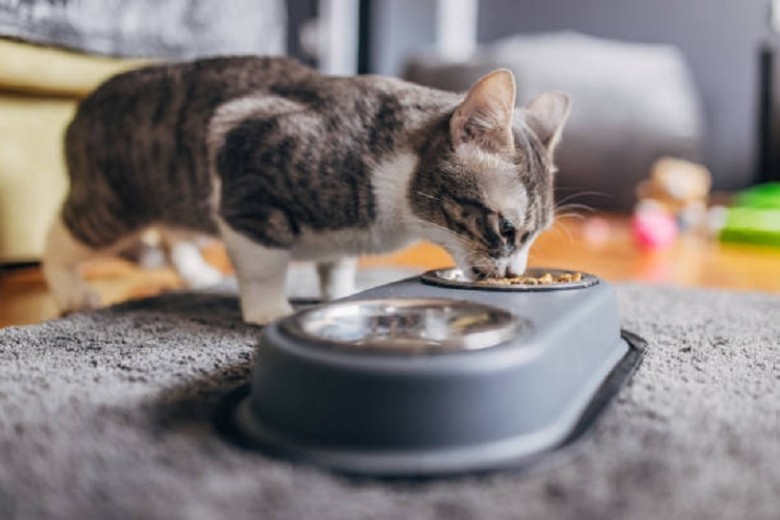











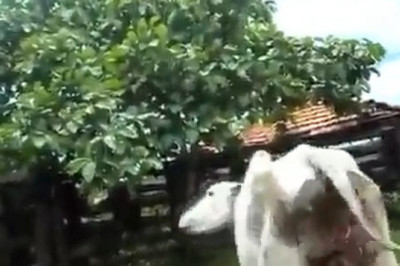

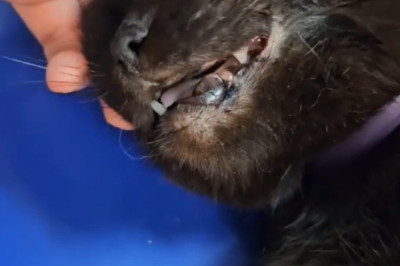
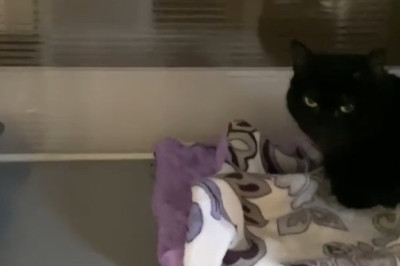





Comments
0 comment